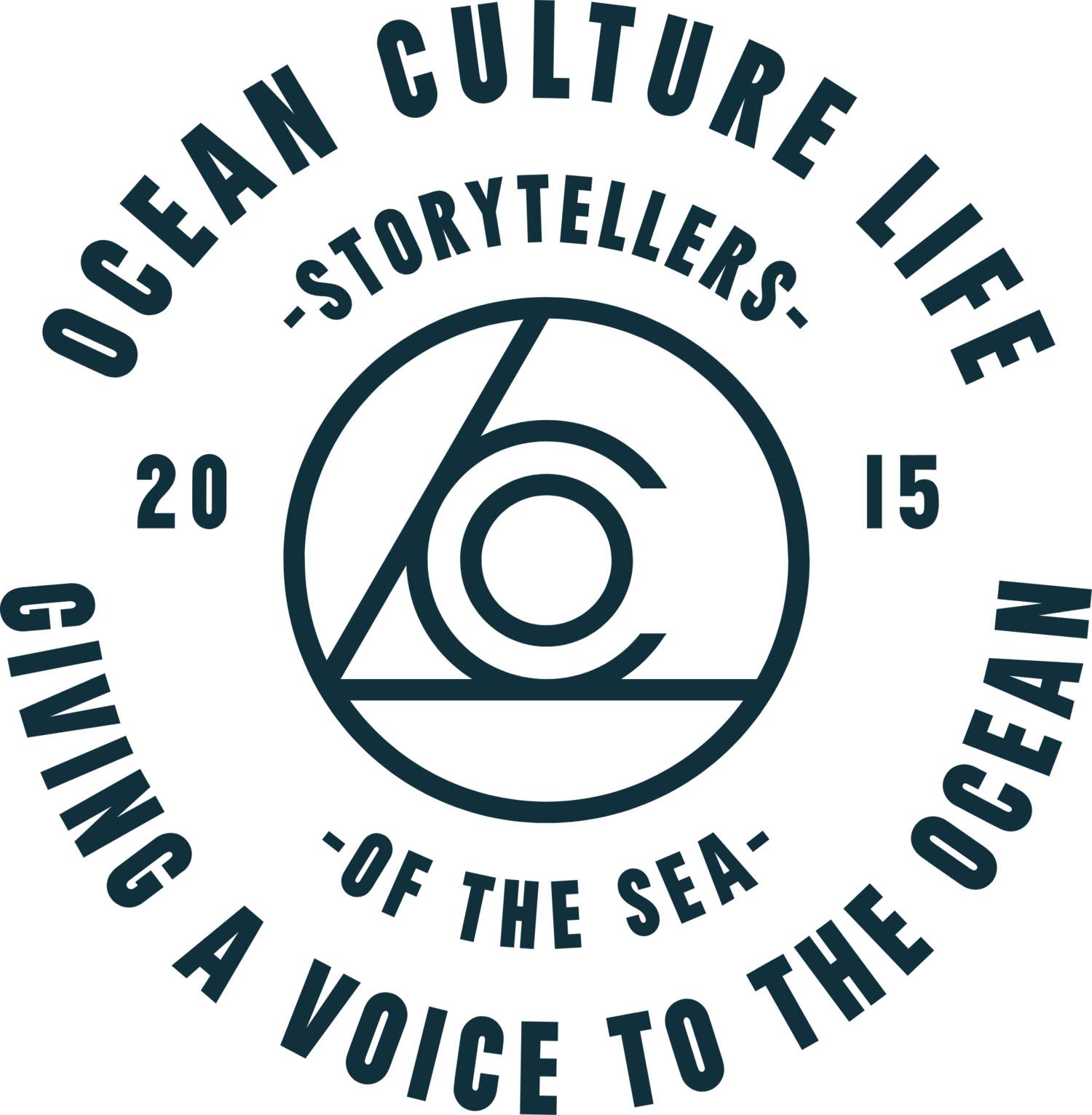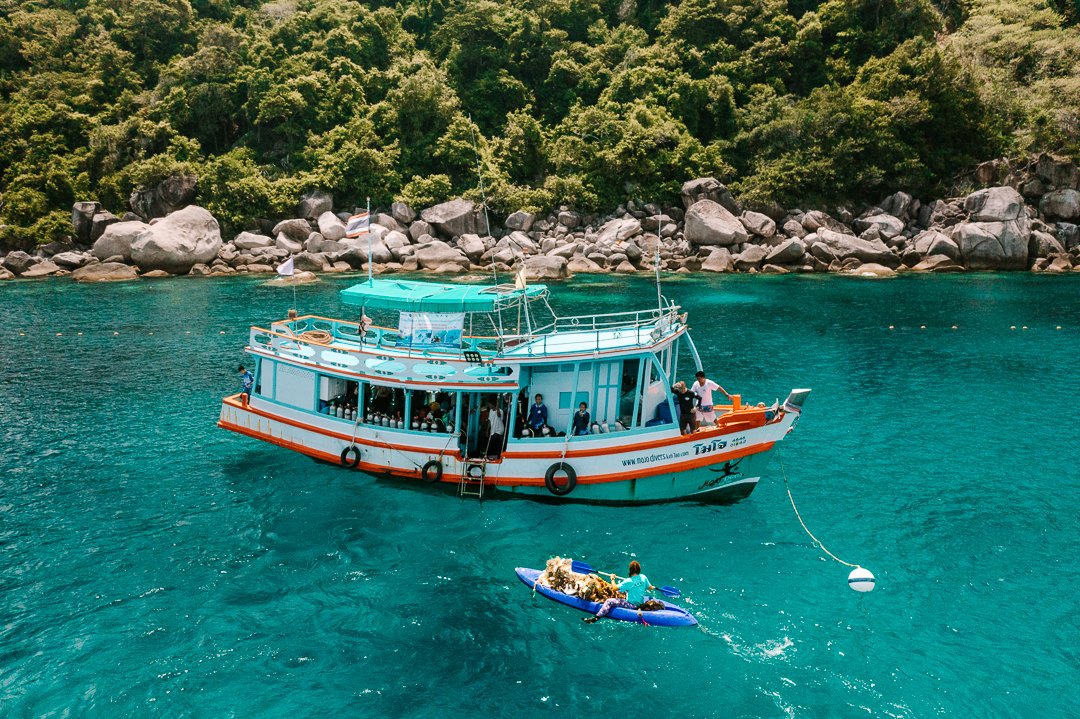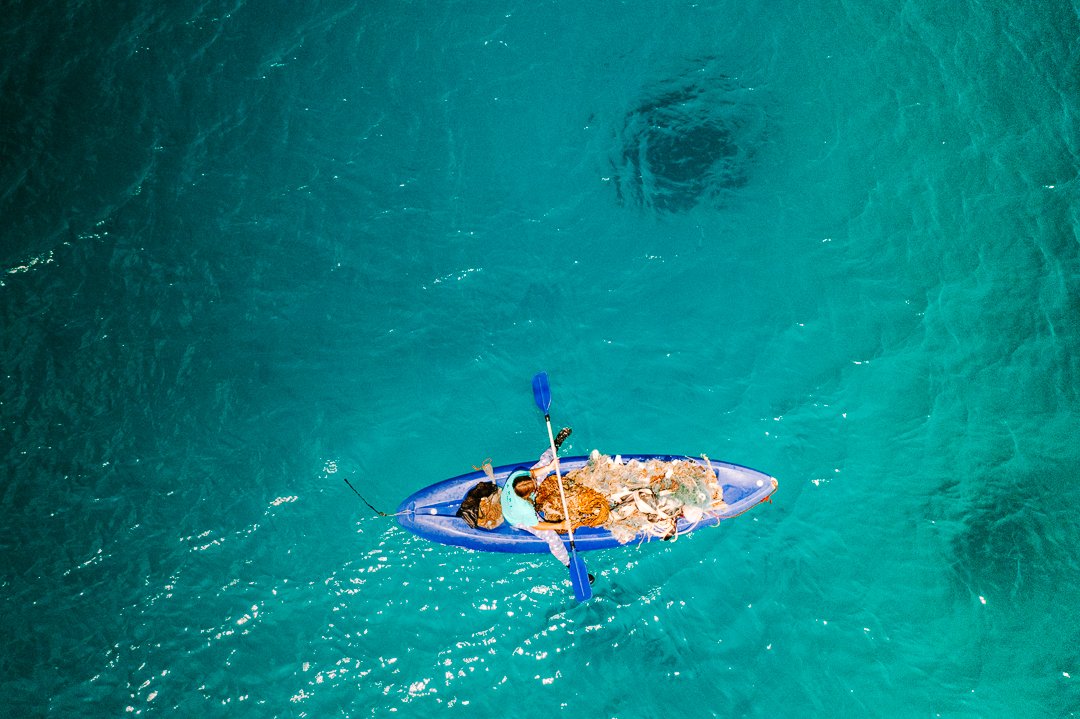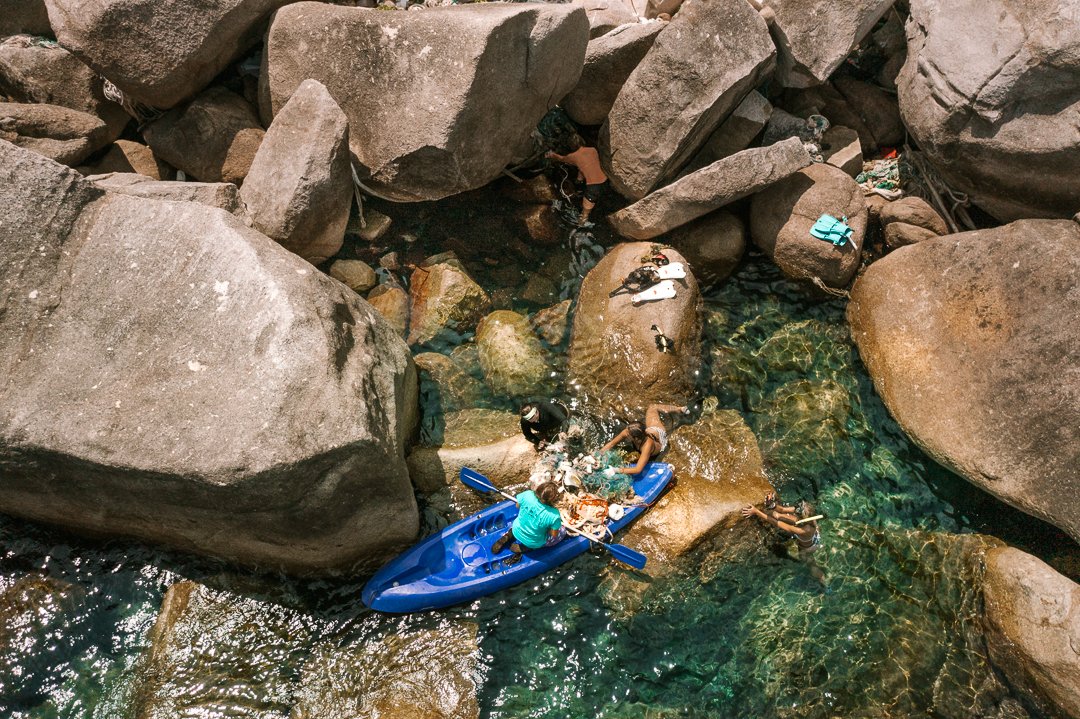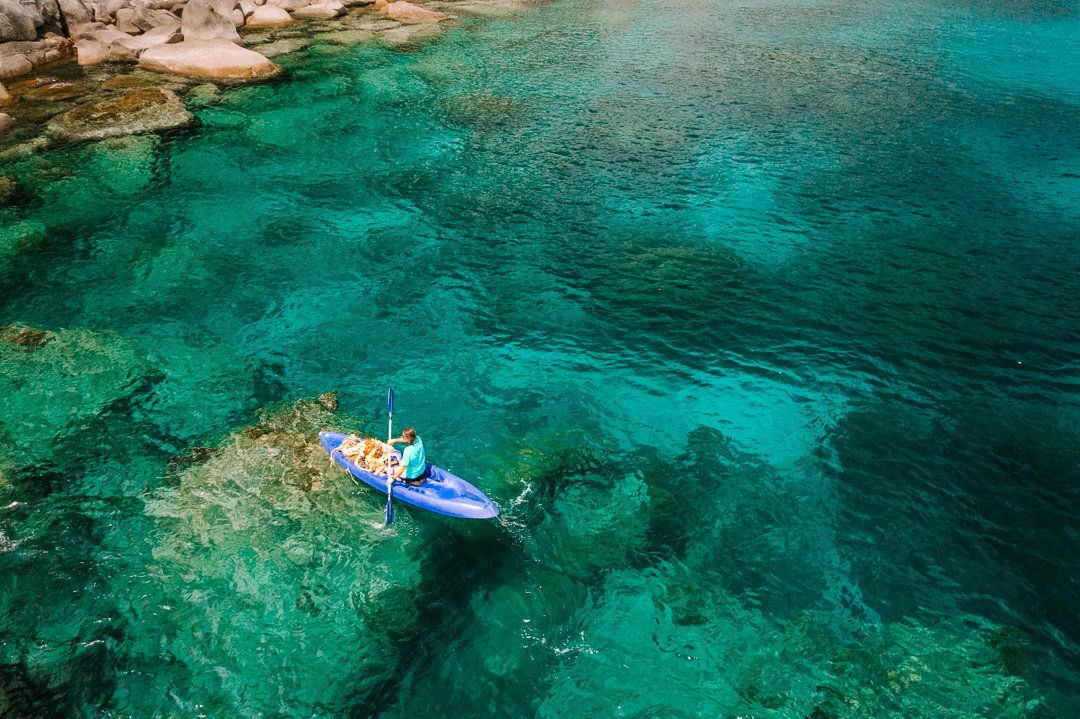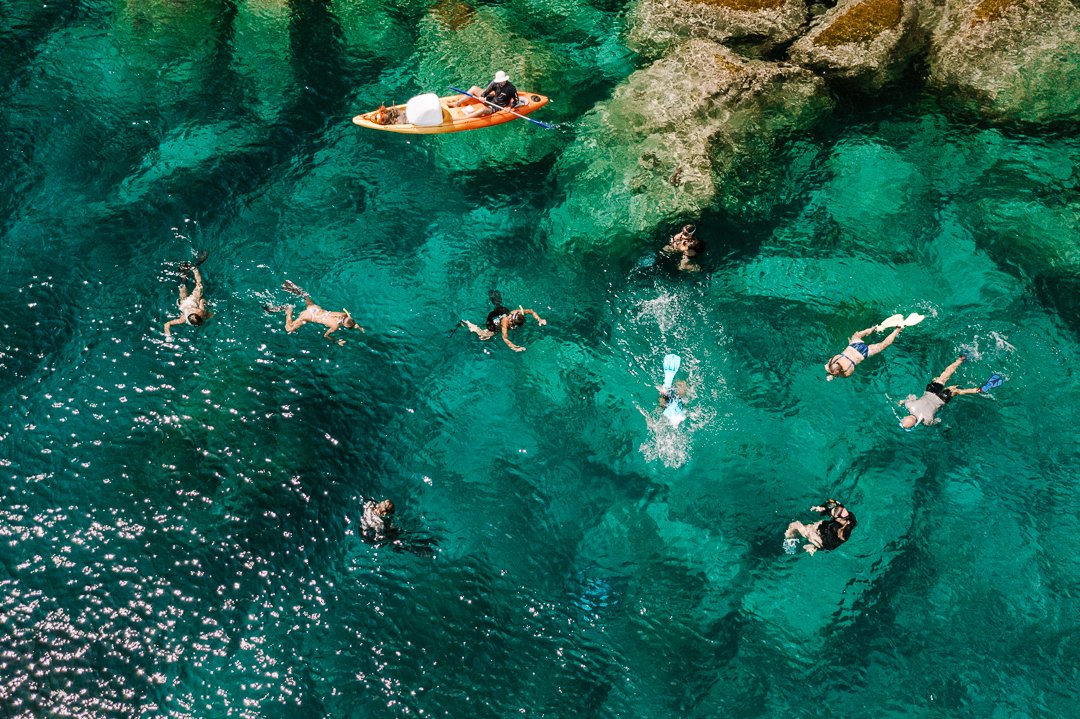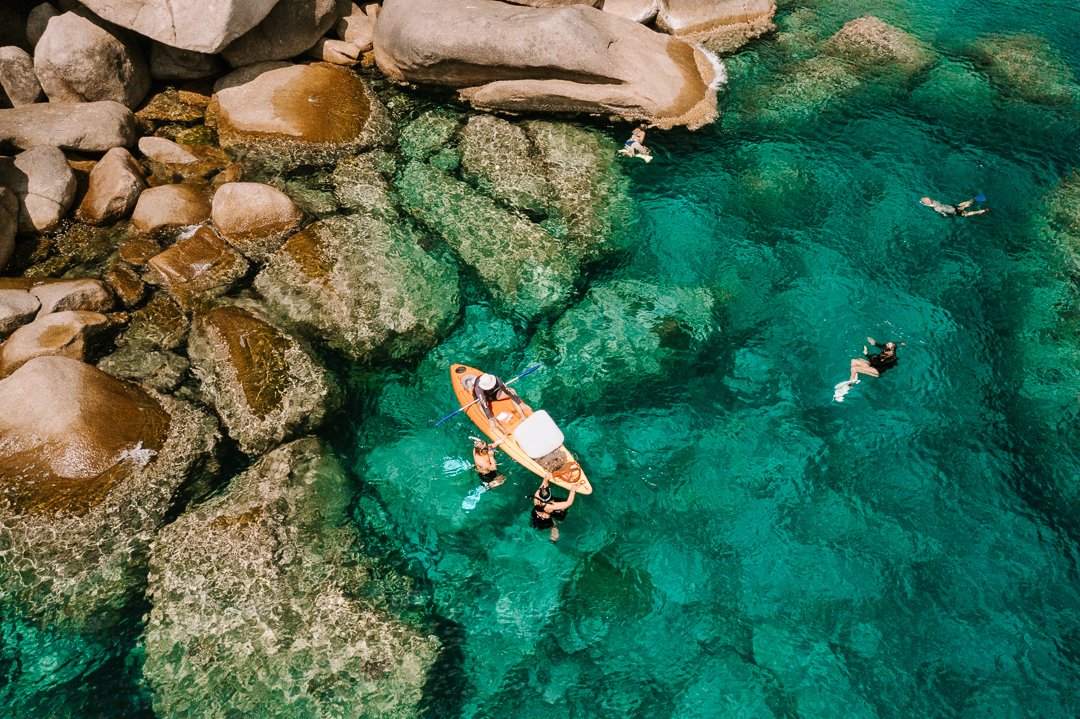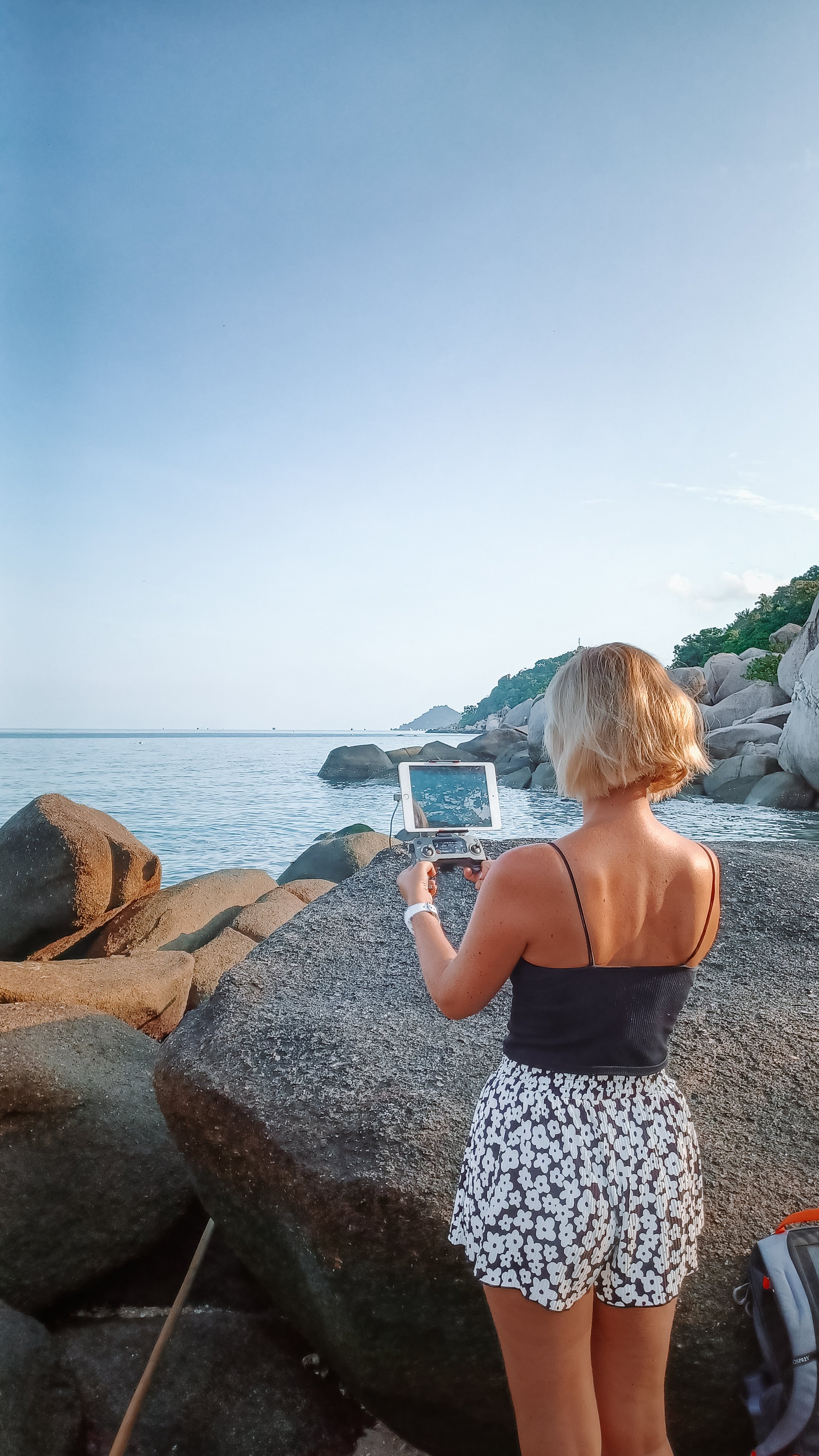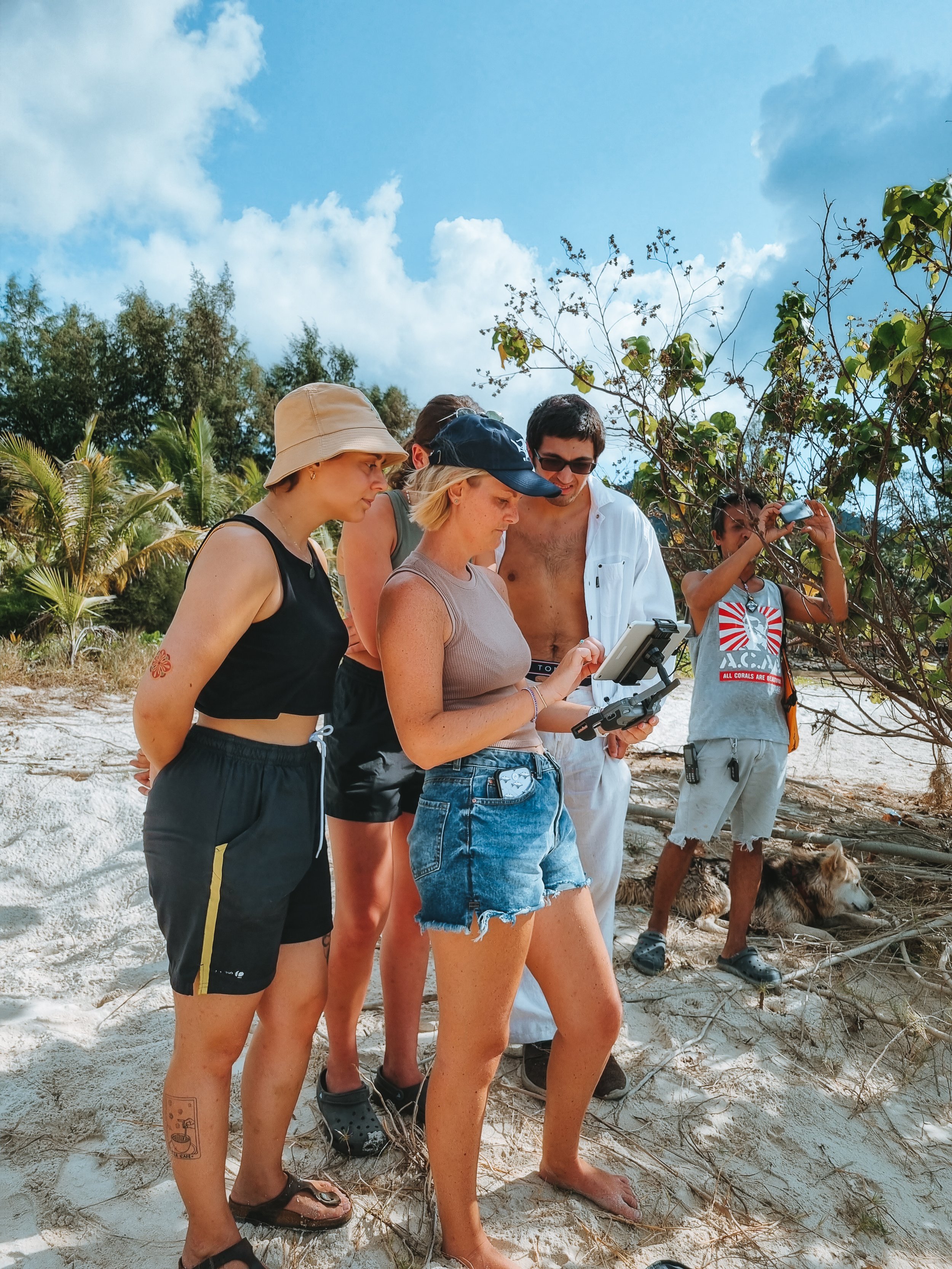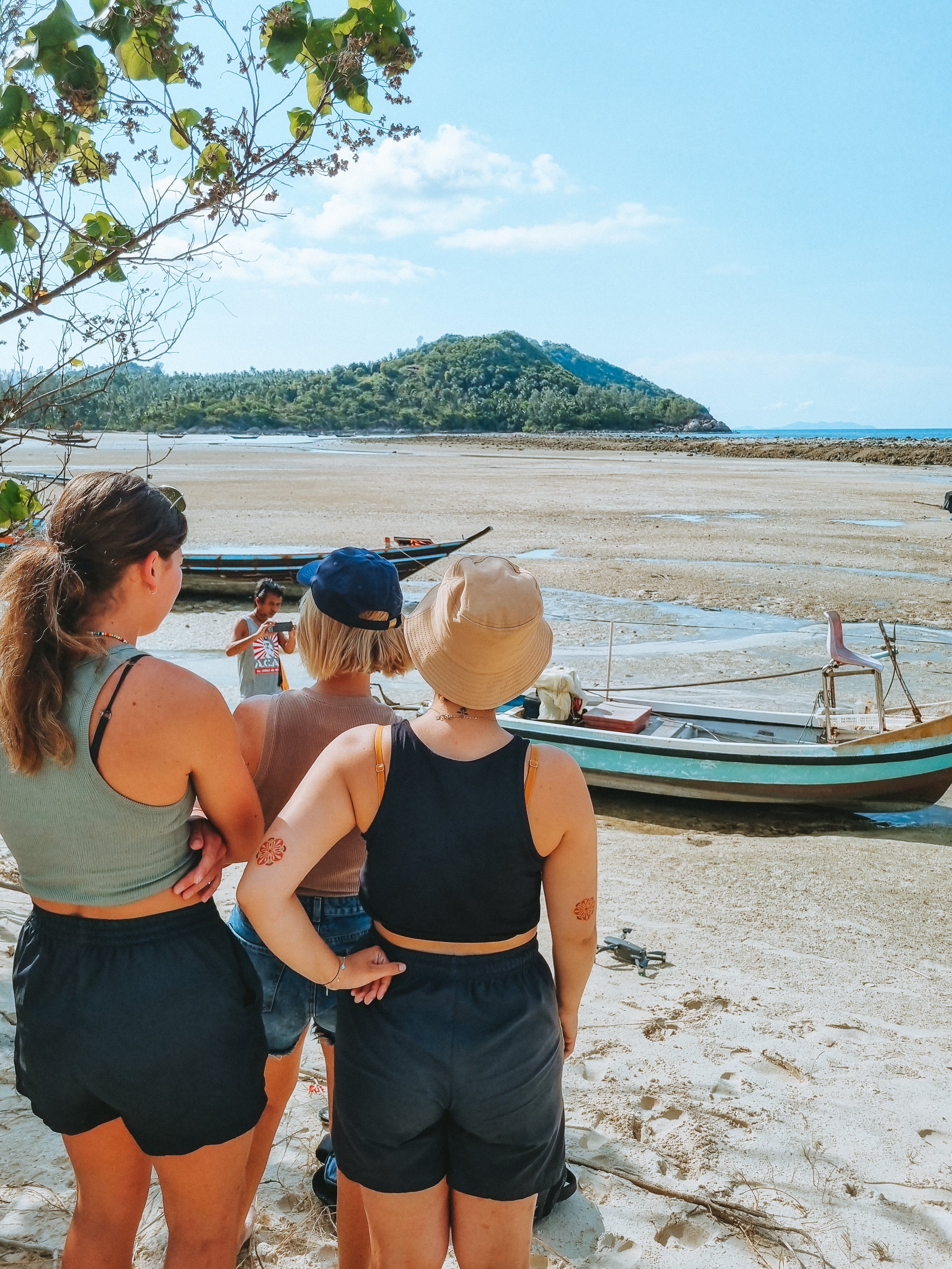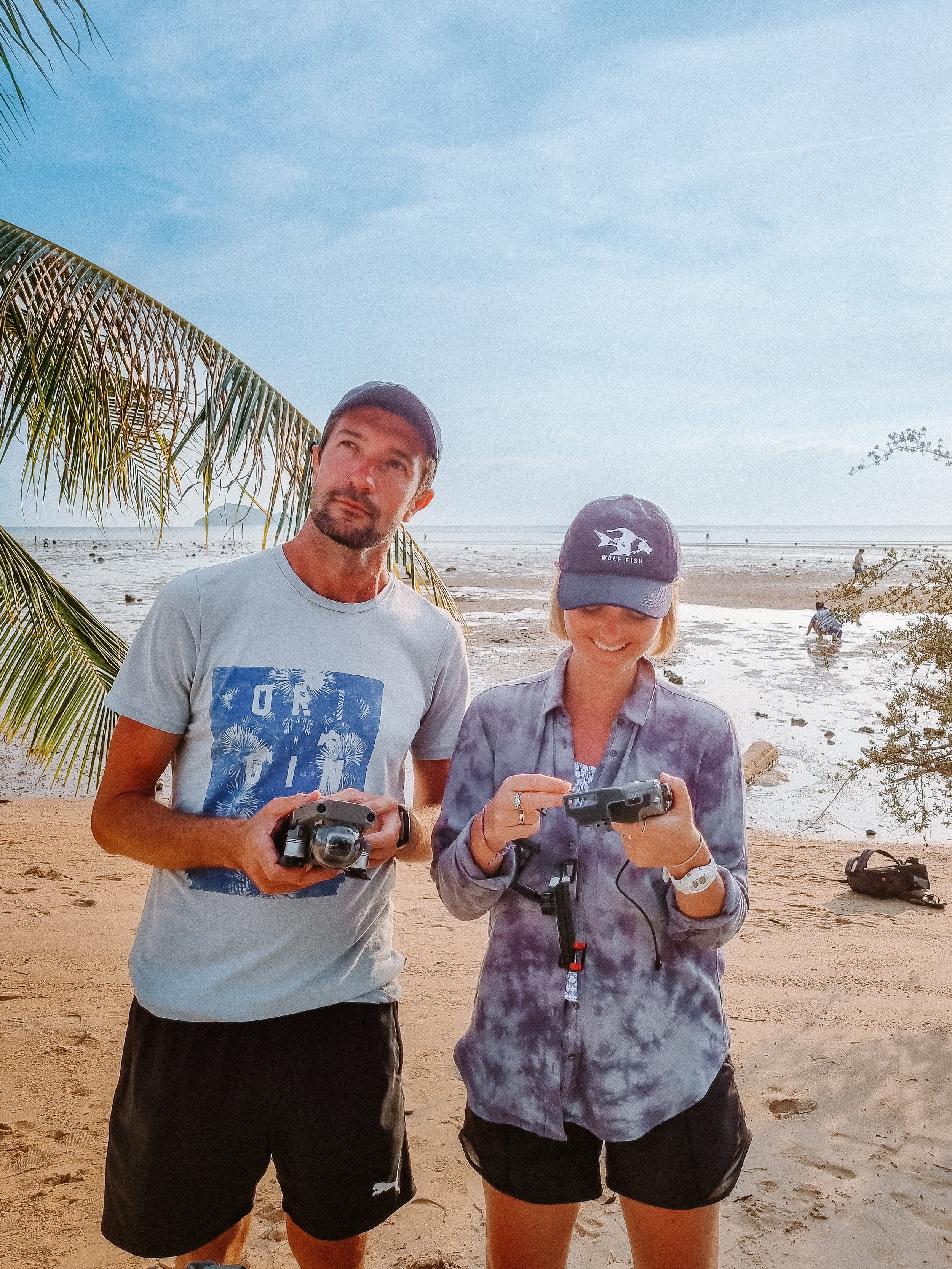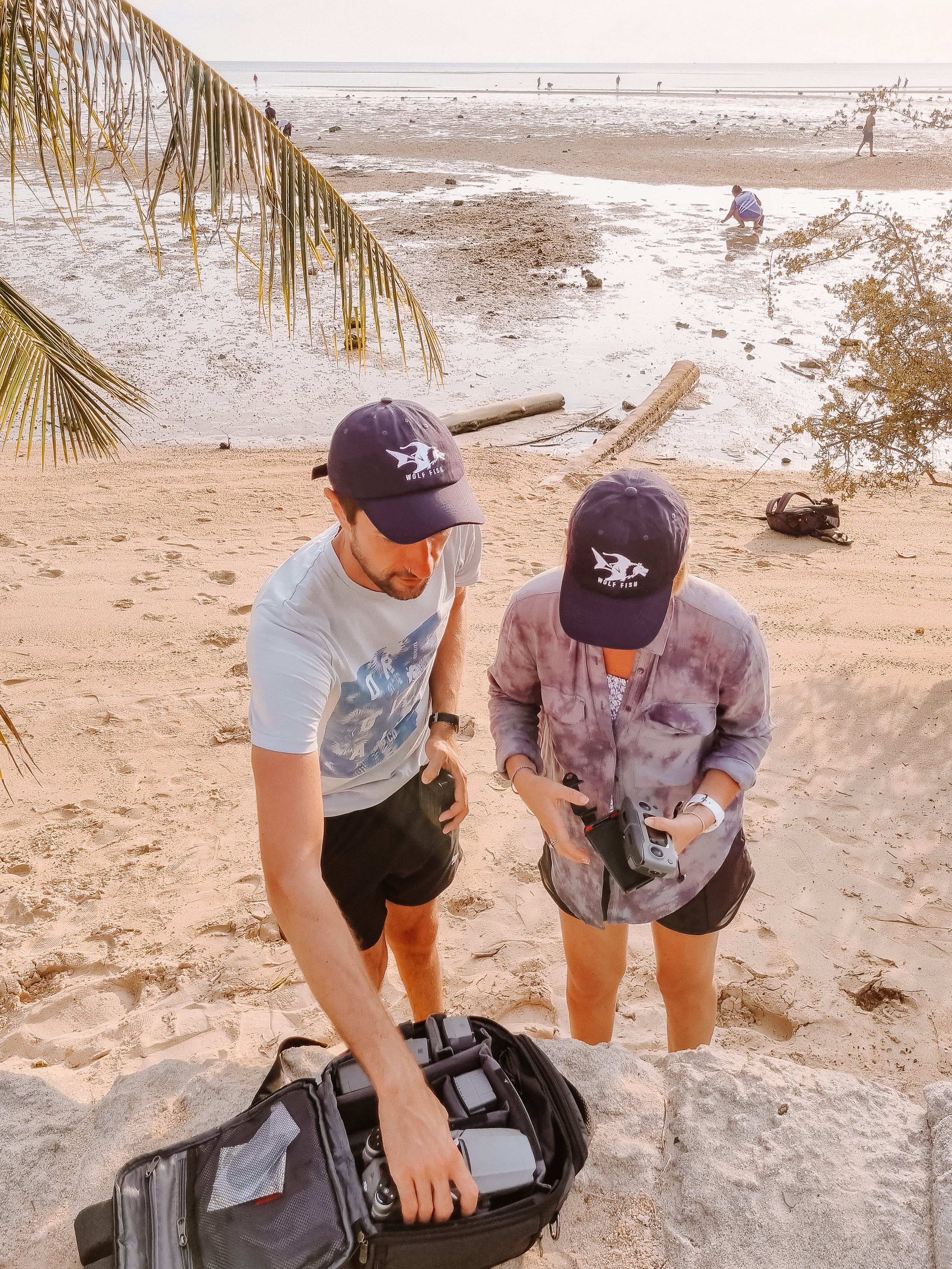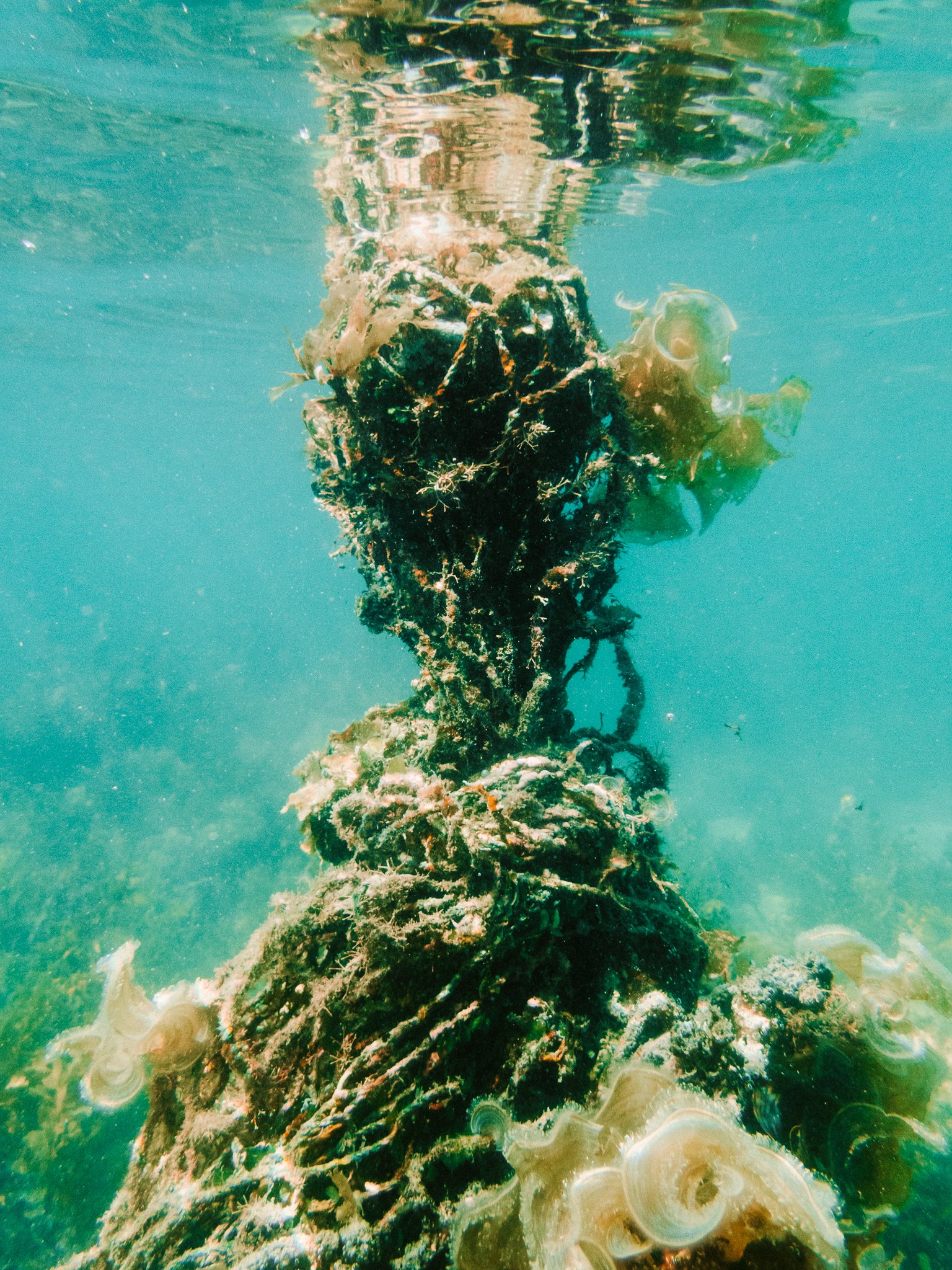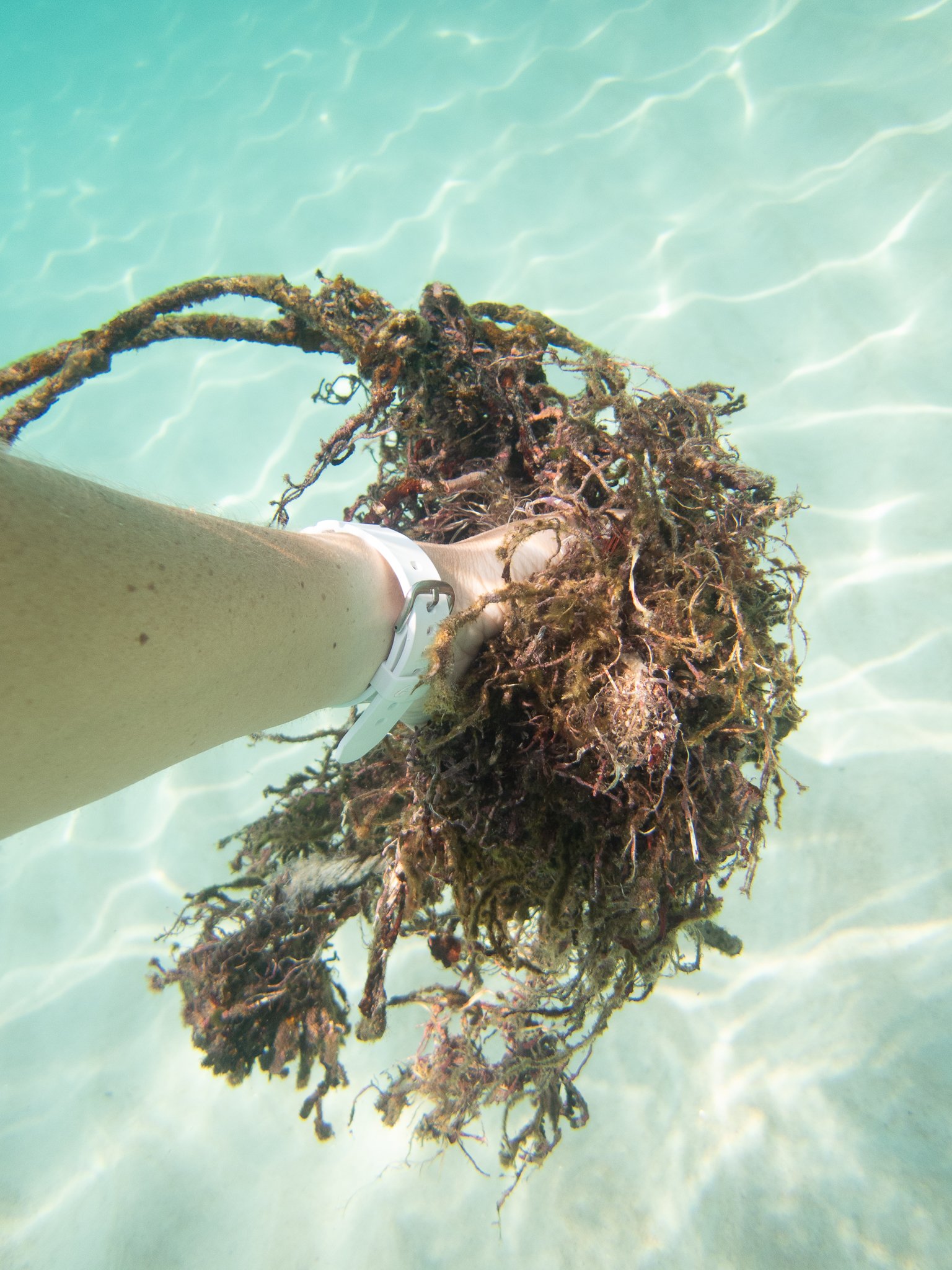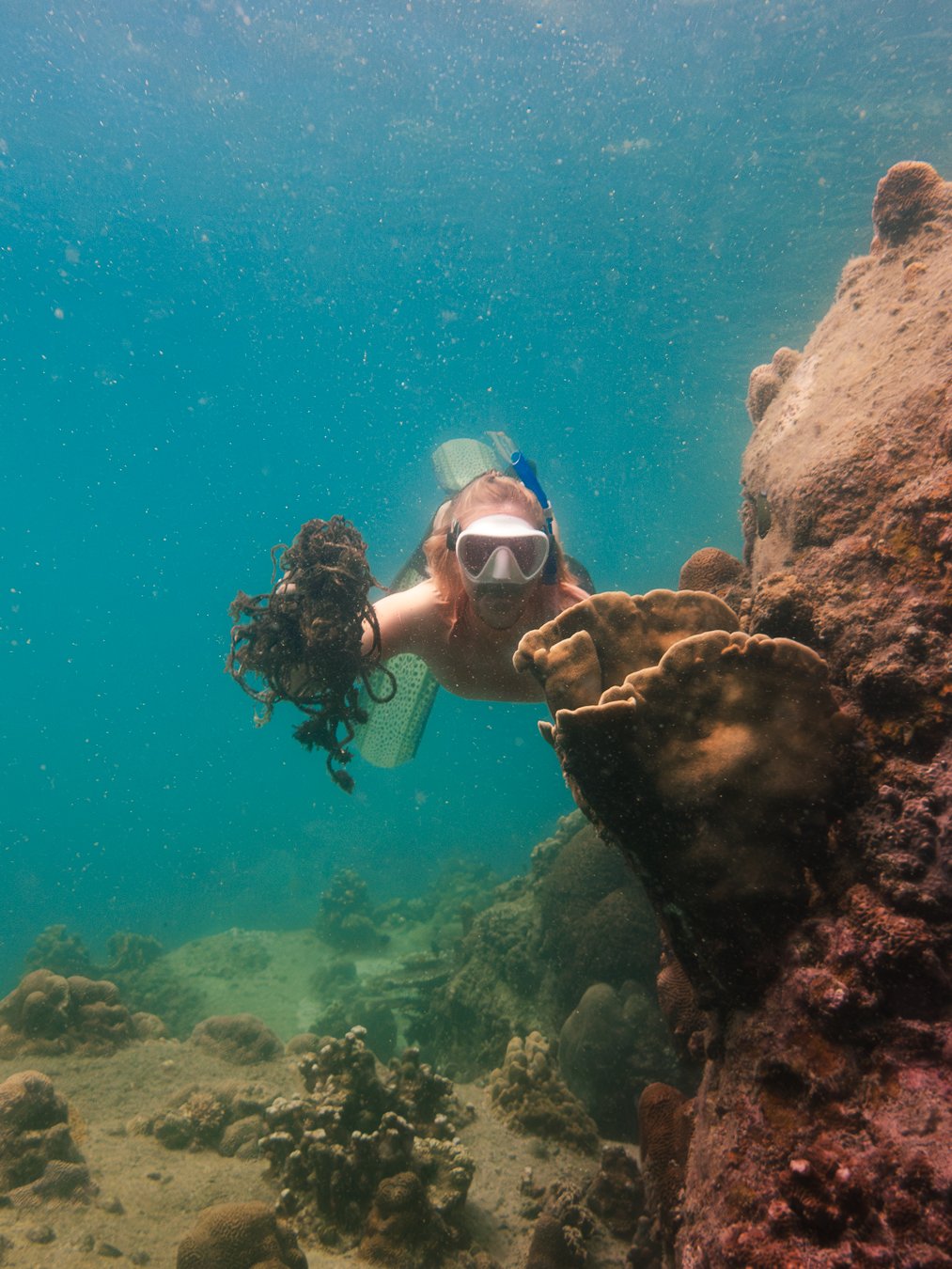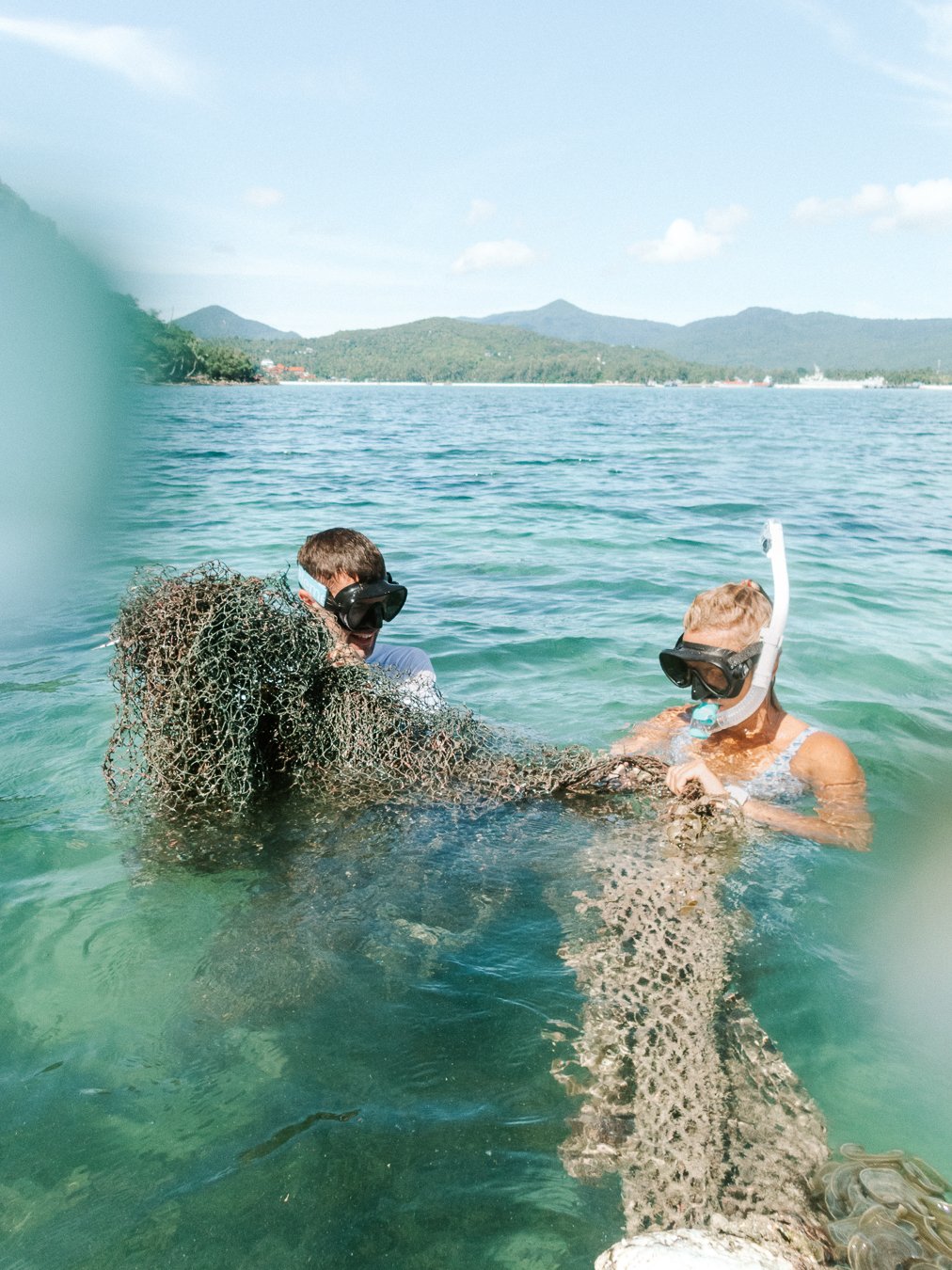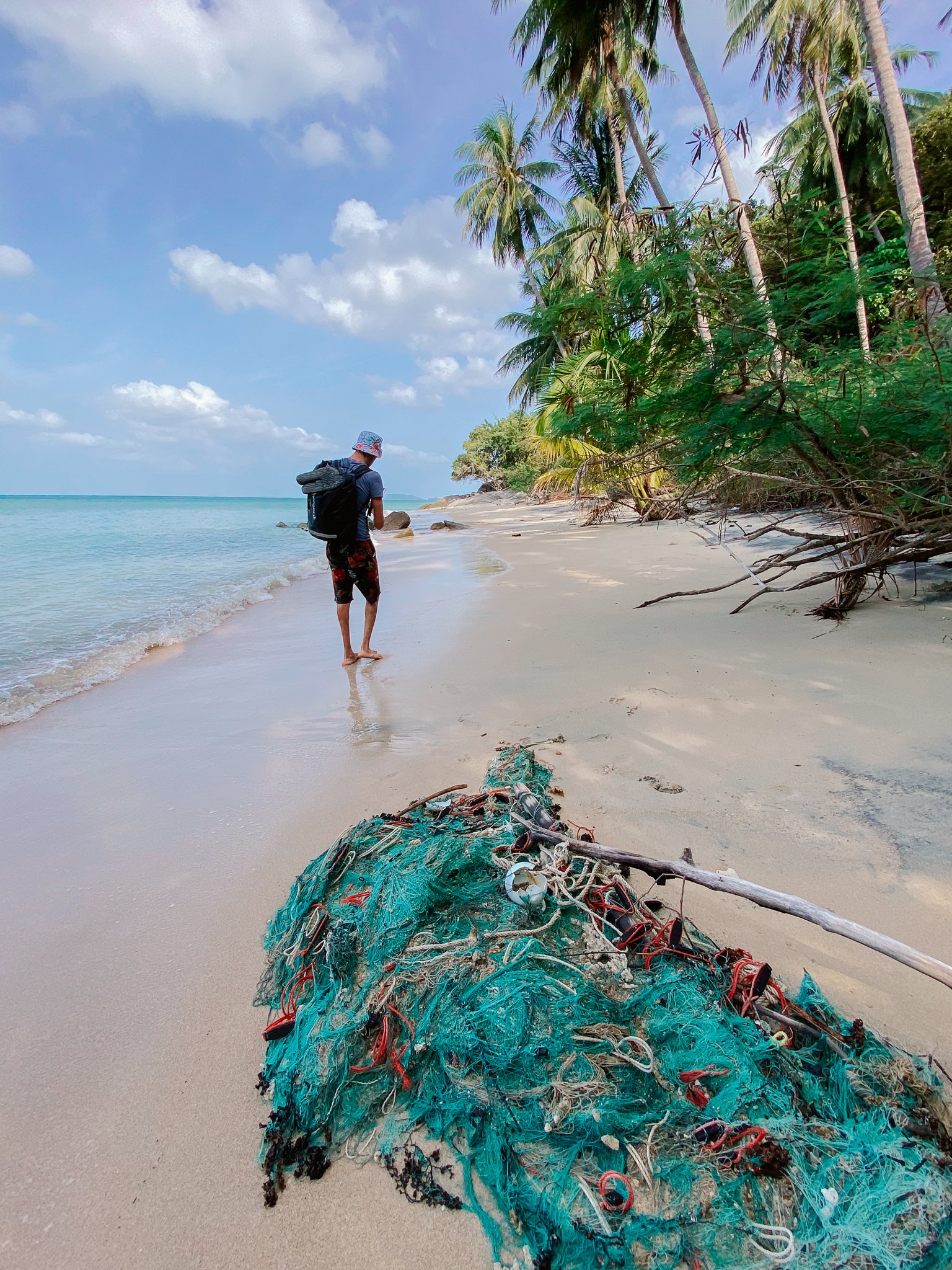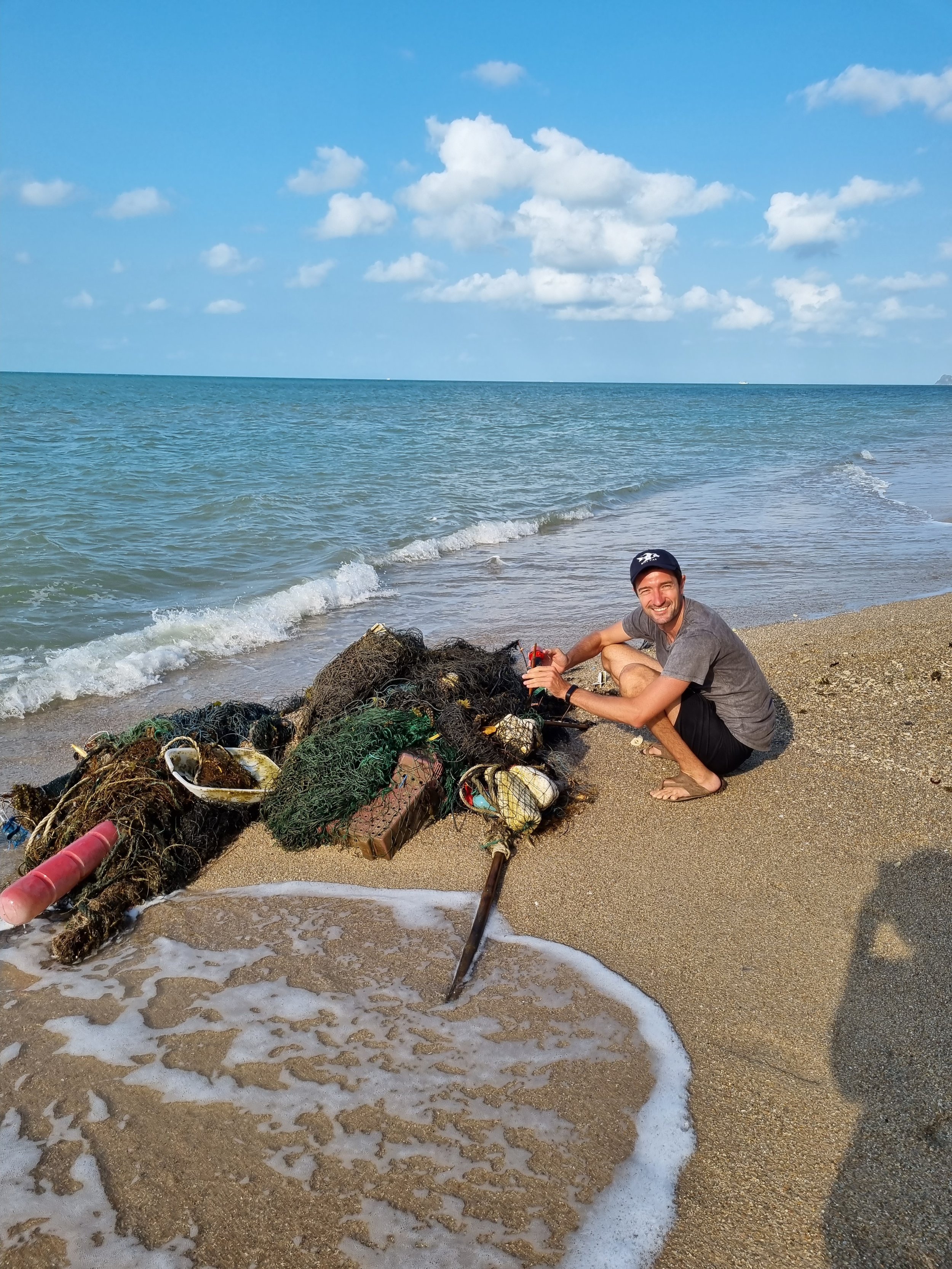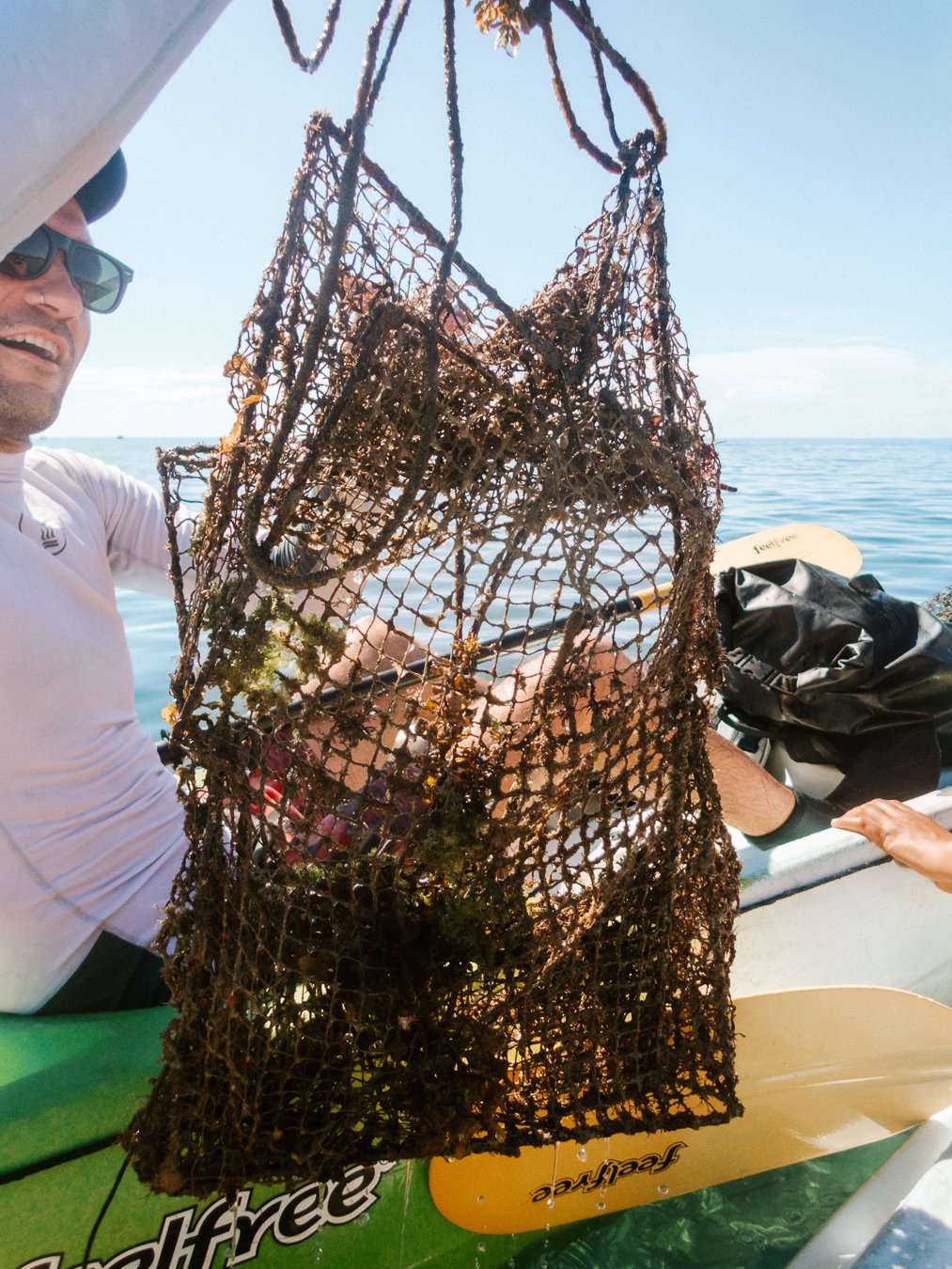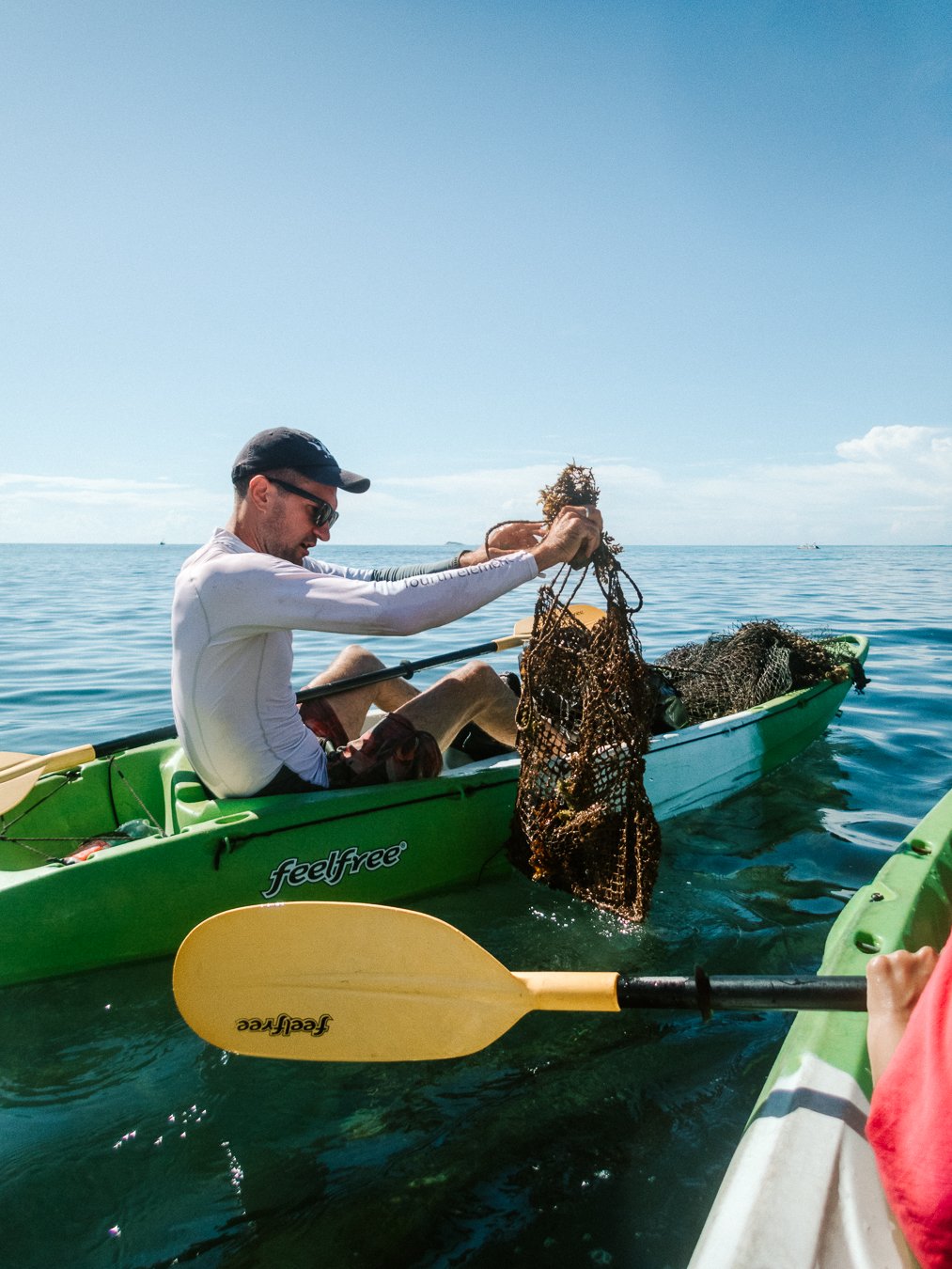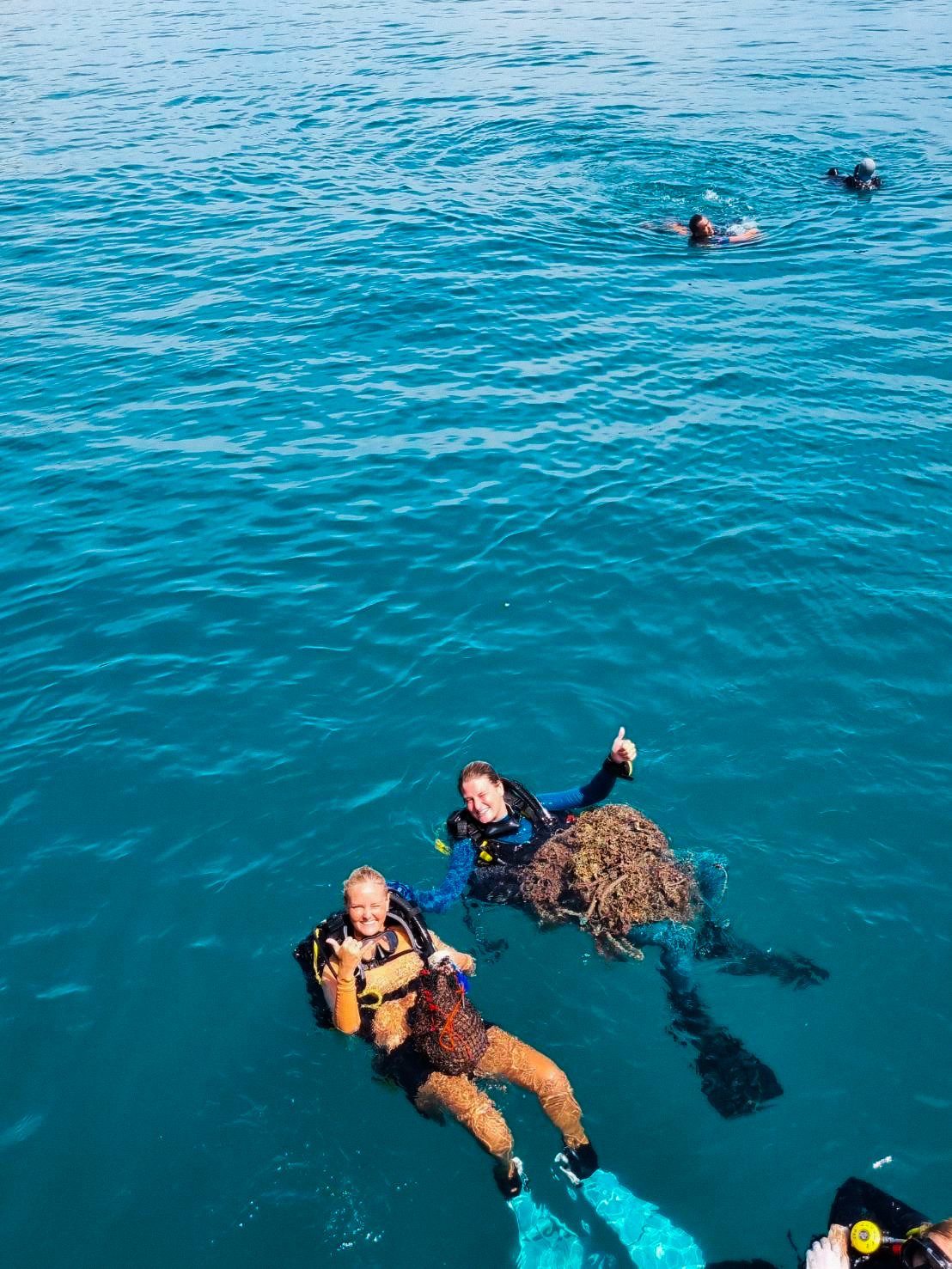ARRI | Aerial Recon & Recovery Initiative
ARRI (Aerial Recon & Recovery Initiative) is an initiative dedicated to the study of GHOST GEAR and its impacts on marine ecosystems. Based in Thailand, the team including one of OCL’s Advocates utilises advanced aerial monitoring techniques and machine learning algorithms, paired with ecological modelling, to identify ALDFG accumulation hotspots.
They collaborate with local fishing communities, conservation groups and SCUBA-diving centres to restore coastal marine environments and with local stakeholders to develop and implement suitable long-lasting locally-run solutions for the disposal and recycling of fishing gear.
ARRI’s MissioN
ARRI is a project dedicated to the study of abandoned, lost, and discarded fishing gear (ALDFG) and its impacts on marine ecosystems.
We use aerial surveying via drone, coupled with action by local recovery and recycling teams, marine conservation organisations and dive centres, to restore coastal marine environments.
The ARRI team are marine biologists and ecologists, with specialties in aerial surveying, ghost gear pollution, elasmobranch biology & spatial ecology.
We are extremely passionate about ocean conservation, cultivating relationships with local communities and researchers, and implementing long-lasting locally-managed solutions.
Our pilot project is currently taking place in the Surat Thani region of Thailand, and over the next year, the team will continue to survey the coastlines for ghost gear, collaborate with local organisations to recover this gear, and work to implement a removal and recycling initiative within Thailand.
ARRI’s INSPIRATION
The project began when two of our co-founders were discussing the impact of fishing gear on marine environments. Sol Milne PhD is a spatial ecologist with 8 years of experience in surveying wildlife habitats by drone, specialising in identifying ALDFG by drone, having managed six international ALDFG removal and study projects. His colleague from university, Tania (a spatial ecologist, specialising in modeling species distribution and persistence in changing landscapes), is a Thai citizen, and spent much of her childhood in Koh Phangan, Thailand.
She saw first-hand the impacts of said ghost gear and witnessed the degradation of her local reefs. Together, the idea was formed to create a project studying ALDFG around her home island, and the impacts this was having on the marine ecosystem. Sol’s previous work in the Maldives also included drone surveys for ALDFG, plastic and marine megafauna, alongside Kat Mason, marine biologist and elasmobranch specialist. Sol and Tania invited Kat to join their project as drone pilot and marine megafauna specialist, and from there, ARRI was created.
The team spent 2.5 months of 2023 in Koh Phangan and Koh Tao, Thailand, carrying out the initial ALDFG surveys. It became apparent early on that the team were justified in their hypothesis that the coastlines were heavily impacted – over 200 pieces of gear were found around just one island. The team also spent a good amount of time diving, snorkelling and kayaking, and whilst they were saddened to see the state of many of the reefs, they were also surprised by just how well some of the corals and fish communities were doing. The team are ever-inspired to continue their work in the region, and in May 2023, the ARRI team were selected as one of eight projects to receive the GGGI Small Grants Award, to continue and expand their research on this project.
If you could change one thing in our world/environment today, what would it be?
The impact of plastic (and other waste) pollution on the environment; not only on corals, but fish communities and marine megafauna, via ingestion, entanglement and poisoning. There is no estimated figure on the amount of ALDFG currently in the oceans; none that are counted as accurate at least. However, we can estimate that fishing gear does result in a loss of up to 30% of some fish populations, and causes approximately 650,000 marine mammal deaths annually.
ARRI’s LEGACY
From our pilot project in Thailand, we are working towards implementing an all-encompassing method from start to finish – from the initial surveys to ALDFG recycling.
We aim to train Thai researchers to carry out ALDFG drone surveys multiple times per year, work with local organisations to remove and recover said gear, and create a supply chain to clean, transport and sell this gear to recycling centres on mainland Thailand. We hope that the local communities of these islands will continue to work together to protect their marine ecosystems for future generations.
